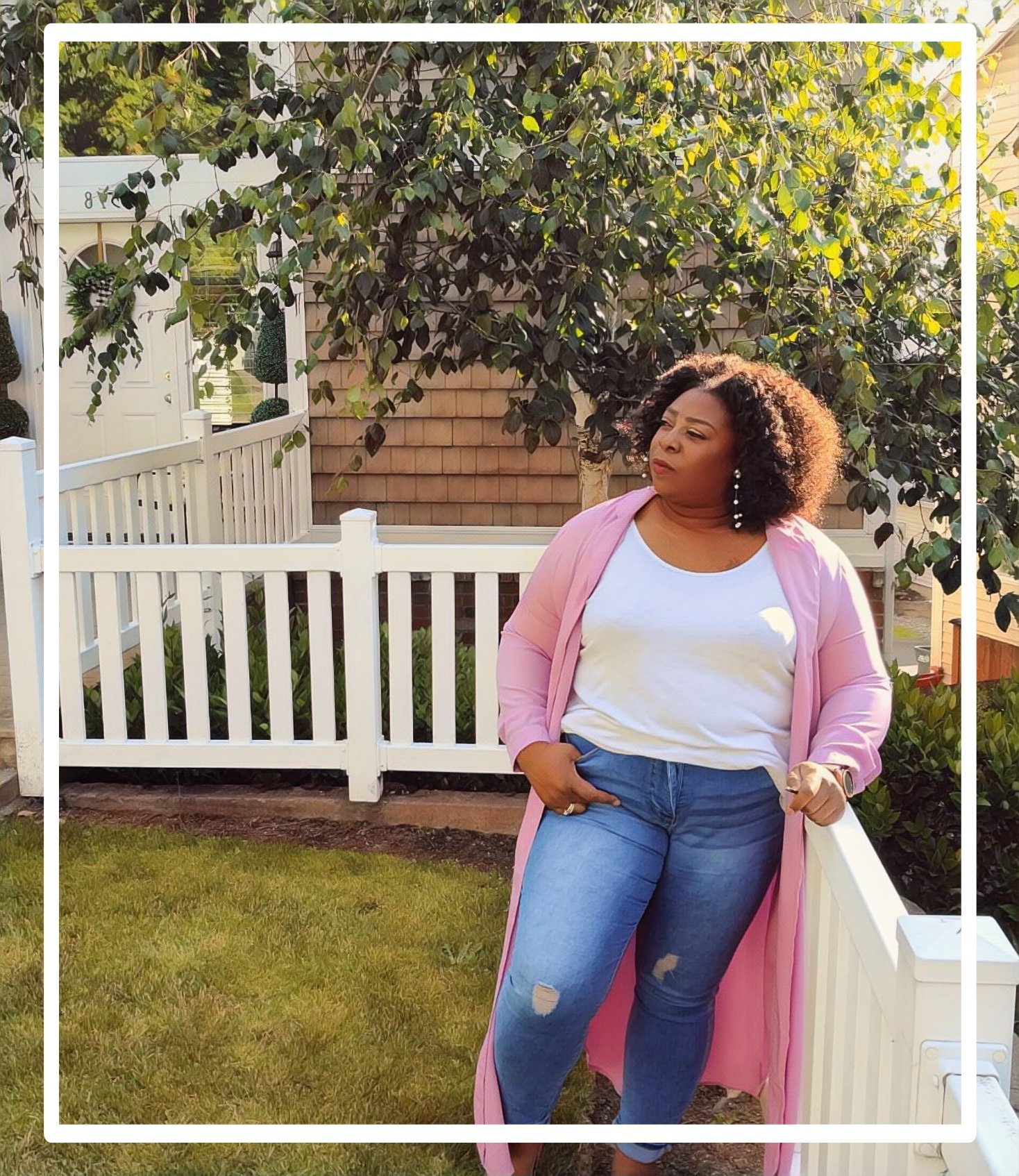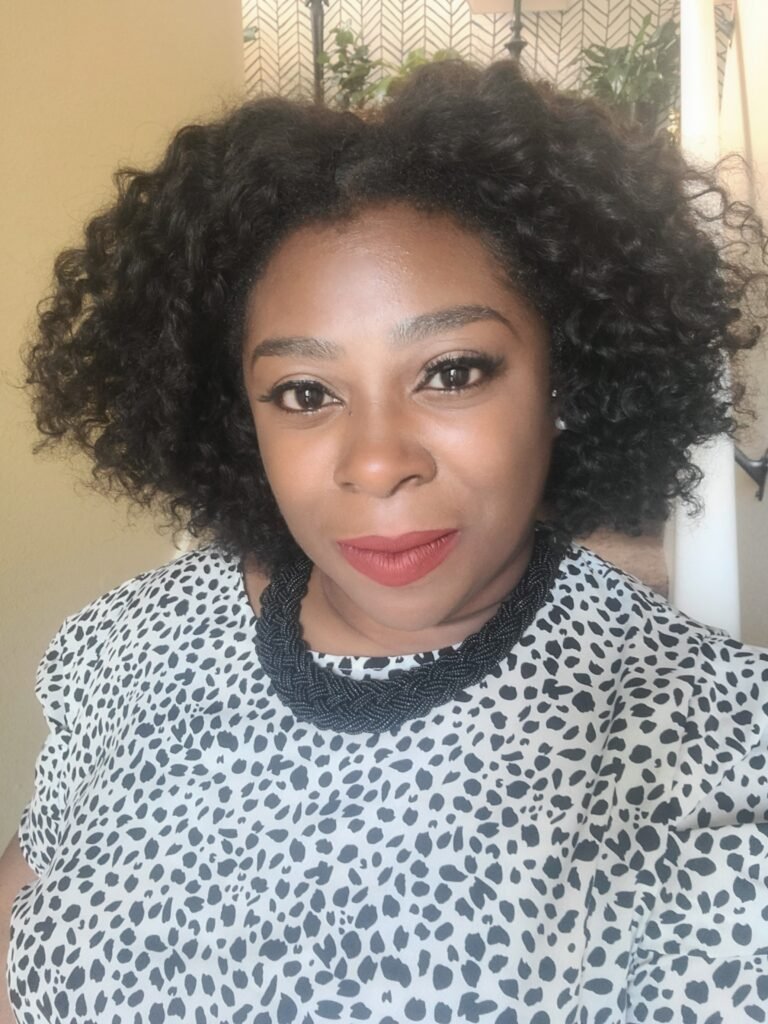WA state Approved
Supervision
I wish I could tell you that I wanted to be a therapist my whole life. The truth is, therapy kind of picked me. I was a psychology undergraduate student obsessed with human behavior and how our minds work but no idea how I would use my degree.
I had a class video project, and I waited to the 11th hour to do it, found a random classmate and it was a botched job but I turned it in as if it was my finest work. The feedback that my professor gave was, surprising. She suggested I enter into the counseling program. It was years ago but I think she said something like you should consider doing therapy. I had nothing else plan, and thought why not?
From the time of pre-practicum, practicum, and internships to becoming an associate license; one of the biggest impacts where the people supervising me. Their feedback, their therapeutic style, and how much that leaned into my professional growth mattered, especially as a black woman.
Becoming a therapist is a very vulnerable experience! It involves not only acquiring the necessary knowledge and skills but also engaging in deep self-reflection, confronting personal biases, cultivating empathy, and compassion for others. So the kind of support you receive matters.

Much like my therapy style, I am extremely attentive to your growth and development. I emphasize the importance of cultural competence and tailor my supervision to the unique needs and learning styles of each supervisee. All rooted in social justice.
I believe in fostering a collaborative and supportive supervisory relationship, where open communication and mutual respect are paramount. My supervision sessions are structured yet flexible, incorporating case discussions, role-plays, and the use of video recordings to enhance learning. Feedback is given constructively, with a focus on building confidence and clinical acumen. Personal reflection is a crucial part of my practice, and I continuously strive to evolve as a supervisor by engaging in professional development and staying abreast of the latest research.
Understanding the vulnerability of this work, I do my best to minimize my bias. My ultimate goal is to empower supervisees to become reflective practitioners who are equipped to provide high-quality, unbiased care to their clients.
My supervision approach is rooted in empathy, collaboration, and empowerment! I believe in creating a safe and supportive space where you can explore challenges, reflect on your clinical work, and cultivate your strengths. Whether you’re a seasoned professional or just starting your journey, I meet you where you are and provide personalized guidance to help you reach your full potential.
No one or no thing is free from mistake or imperfections and I am here to sit in some of the discomfort that comes with growing as a therapist.
My goal is to teach, mentor, support, and push you (a little) metaphorically. As your supervisor, I am committed to your professional growth and development. I offer compassionate guidance, constructive feedback, and practical tools to enhance your clinical skills, deepen your therapeutic presence, and navigate ethical dilemmas with confidence. Together, we’ll explore evidence-based practices, clinical interventions, and self-care strategies to ensure your success and well-being.

- Individual- Supervisees who engage in a 60 minute individual clinical supervision will do so at the frequency decided by both supervisee and supervisor on a one on one bases.
- Supervisees will develop a professional development plan with their supervisor.
- Dyad- Supervisees engaging in a dyad will have agreed to work with another supervisee and both will engage in a 75 minute clinical supervision session at the frequency decided by both supervisees and supervisor on a two to one bases.
- Each Supervisees will develop a professional development plan with the supervisor. Supervisee(s) engaging in a dyad will be responsible for making sure hours count towards licensure.
- Group- Supervisee(s) engaging in group supervision will have agreed to work with 3 supervisees in a 90 minute group session at the frequency decided by both the group members.
- Supervisee(s) engaging in group supervision will be responsible for making sure hours count towards licensure.
- Licensed Mental Health Counselor (LMHC) all hours can be supervised by me.
- Licensed Marriage and Family Therapist (LMFT)- Only 100 hours of supervision with me will count towards licensure.
- Licensed Independent Clinical Social Work (LICSW) Only 60 hours of supervision with me will count towards licensure. – 60 hours of your total 130 hours must be one-to-one.
- Licensed Advanced Social Work (LASW) Only 40 hours of supervision with me will count and must be in one-to-one supervision.
*There are some significant risk that I am aware of and agree to, with being a supervisor. I assume responsibility for your work as an intern or associate. Therefore a working agreement is create as well as a contract. Lastly I am extremely careful with whom I am accepting this risk for. So a consultation is necessary for both of us.
